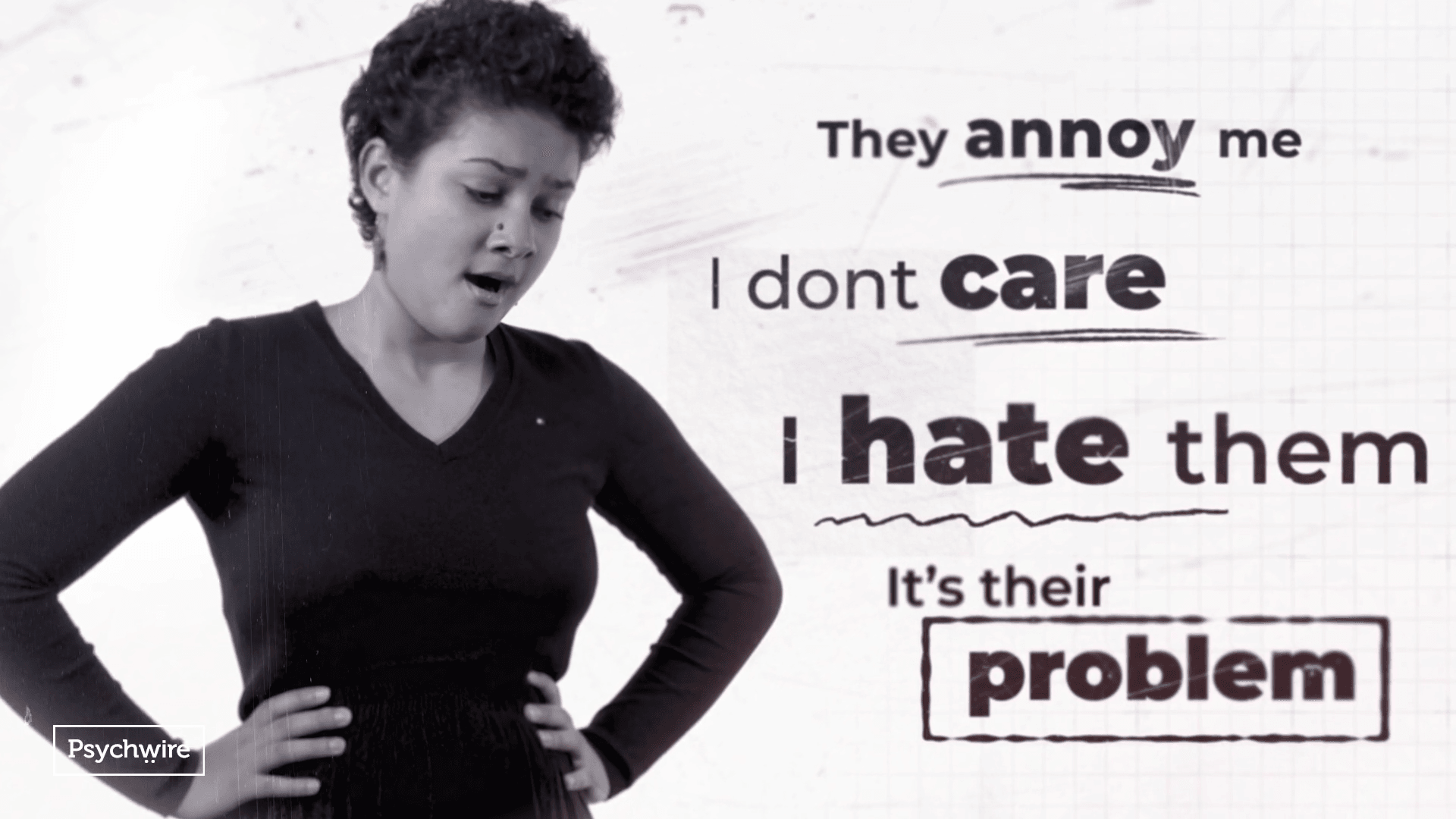
The Value of Walking the Middle Path
 DBT Skills for Adolescents and Families
DBT Skills for Adolescents and FamiliesSo let me ask you as therapists, how often have you sat with families? Where the parents and teens are like two shifts passing in the night or worse, they're just at each other all the time with conflict over every little thing. That just escalates so quickly, and their arms across, and they're angry, and they're shut down, and they're sighing, and they can't communicate about anything, and they're all so frustrated, and they're all hurting so much. And no one really wants to feel that way. So even when teens give you a little bravado and a little, like, I don't care.
I hate them. It's their problem. They annoy me. You know they're really hurting about this interaction, and the parents are really hurting and worried as well. But no one has been able to make it work successfully even though they all really wish it were different. They just don't know how. So we tell them how would you all feel If I told you, there's a set of skills that we're gonna teach you next that's gonna help you each understand the other one's perspective that's gonna get you less polarized and feeling less far apart on issues. And instead, give you some new ideas to breathe life into some problem solving strategies for you guys within your family.
How would you feel if I told you I could get you feeling more understood? By the family member who you feel never takes you seriously or understands what you're upset about. And parents, not only teens, but parents How would you like to feel that your perspective is understood by your kids? That doesn't happen very often either.